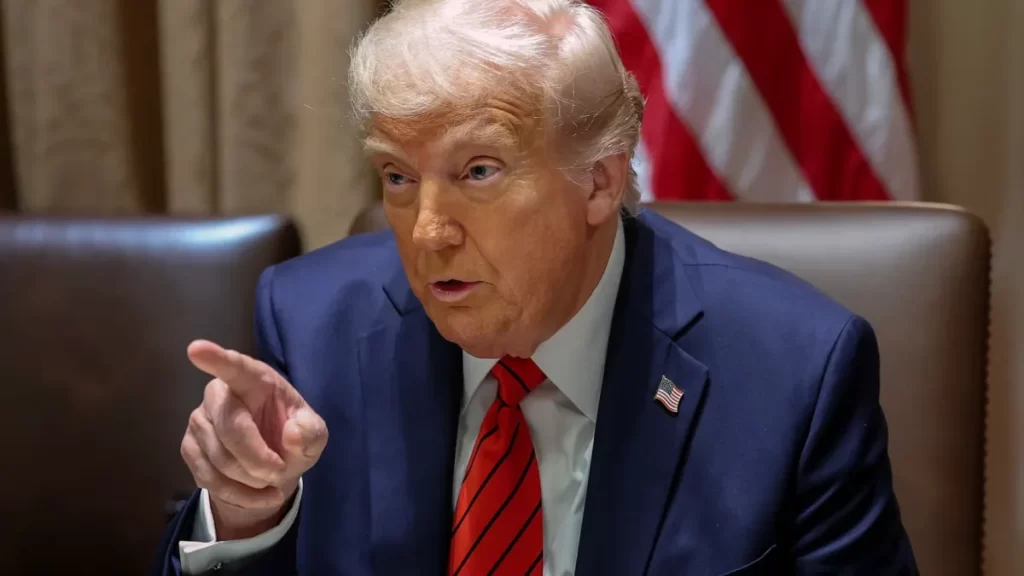In a move that triggered sharp criticism from academic circles and international communities, the Trump administration implemented a controversial policy blocking Harvard University from admitting new international students for the upcoming term. The measure, seen as part of a broader crackdown on immigration, is expected to affect thousands of students worldwide.
The policy, introduced by U.S. Immigration and Customs Enforcement (ICE), stipulates that international students enrolled in colleges offering only online classes will not be granted new visas. Students currently in the U.S. under such programs may face deportation if they do not transfer to schools offering in-person instruction.
Harvard, which had decided to conduct all classes online due to the COVID-19 pandemic, expressed strong disapproval. University President Lawrence Bacow called the directive “deeply misguided” and warned that it puts the academic futures of international students at risk while damaging the global reputation of U.S. higher education.
Academic Institutions Push Back
The policy immediately faced backlash from the academic world. Many institutions argued that the ruling disregards public health concerns and fails to accommodate the unique challenges posed by the pandemic. Experts warned that this approach could discourage talented students from applying to American universities, ultimately affecting both diversity and revenue.
Major universities such as MIT, Stanford, and others joined Harvard in opposing the decision, with Harvard and MIT filing a joint lawsuit against the U.S. Department of Homeland Security. The lawsuit asserts that the government’s decision was made without proper notice or legal justification, particularly in the context of a global health emergency.
International Students in Limbo
Students from abroad are now left with limited options. Those enrolled in universities conducting remote learning are uncertain about their visa status, especially if they cannot travel back to their home countries due to closed borders or political unrest.
Many affected students have spoken out, expressing concern over being forced out of the country despite complying with all academic requirements. Legal experts say the rule could be challenged in court for its failure to consider emergency conditions.
Broader Implications
The policy is widely seen as a reflection of the Trump administration’s tough stance on immigration. Critics argue that it politicizes education and undermines America’s standing as a global leader in academia and innovation.
As legal proceedings unfold, the outcome will likely influence how the U.S. balances immigration controls with the needs of its educational institutions. Many hope that future policies will better reflect the values of inclusion, safety, and academic freedom.



